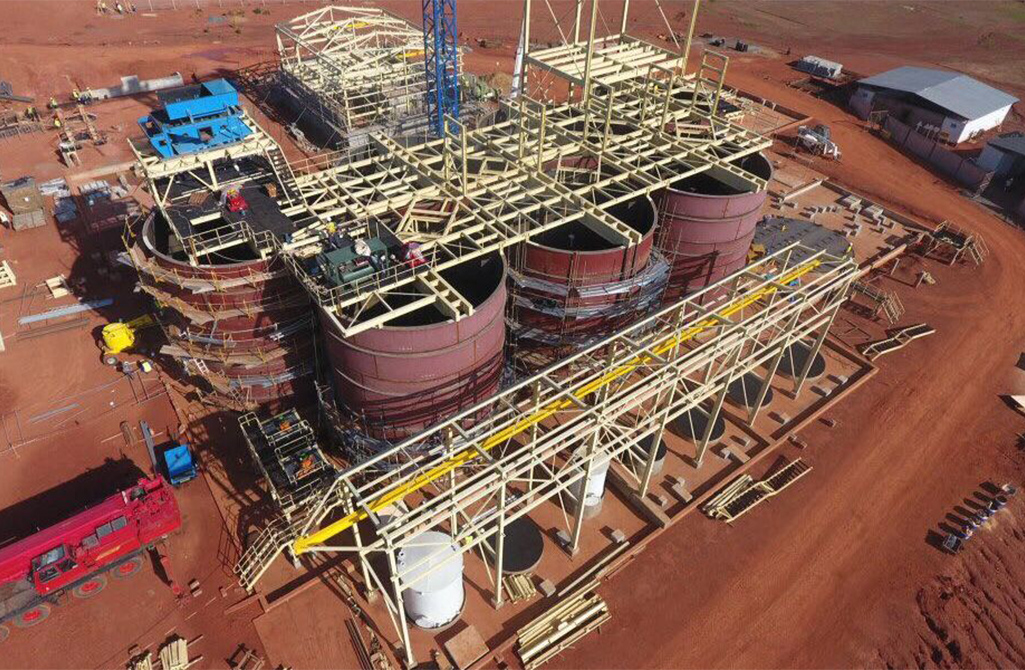Mali: Reform of the mining code, the State obtains a 35% stake in the Kobada gold mine

Mali recently adopted a reform of its 2023 mining code, allowing the state to hold up to 35% of shares in mines, compared to 20% previously. This new measure aims to increase the country’s mining revenues, with projections of an additional $500 million per year. The reform will be gradually applied to all gold mines in the country.
One of the first applications of this new legislation concerns the Kobada gold mine. On March 31, Canadian company Toubani Resources, the owner of the project, announced the signing of a mining agreement with the Malian government, granting the state a 35% stake in the future exploitation of the mine. Under the mining code, the Malian state will receive a free 10% stake in the project, along with the right to purchase an additional 20%, while Malian investors will have the opportunity to acquire 5% of the shares. However, the conditions for purchasing this 25% paid stake have not been specified.
Regarding taxation, Toubani will be subject to a corporate tax rate of 25% during the first five years of operating the Kobada mine. After this period, the tax rate will increase to 30%.
Phil Russo, CEO of Toubani Resources, expressed satisfaction with the partnership, emphasizing that this structure ensures proper alignment of interests among stakeholders, promoting the project’s long-term success.
This reform represents a significant shift from the previous mining legislation, which allowed the state to hold a maximum of 20% of shares. Increasing the state’s stake aims to enhance economic benefits for Mali and its citizens. However, although Mali holds 35% of the shares in Kobada, this does not mean it will receive 35% of the mine’s revenues, which are estimated to range between $3.28 billion and $4.47 billion over nine years.











